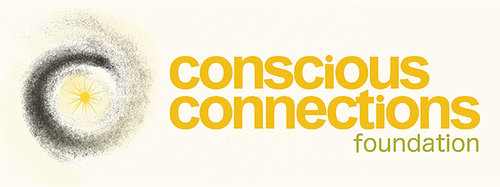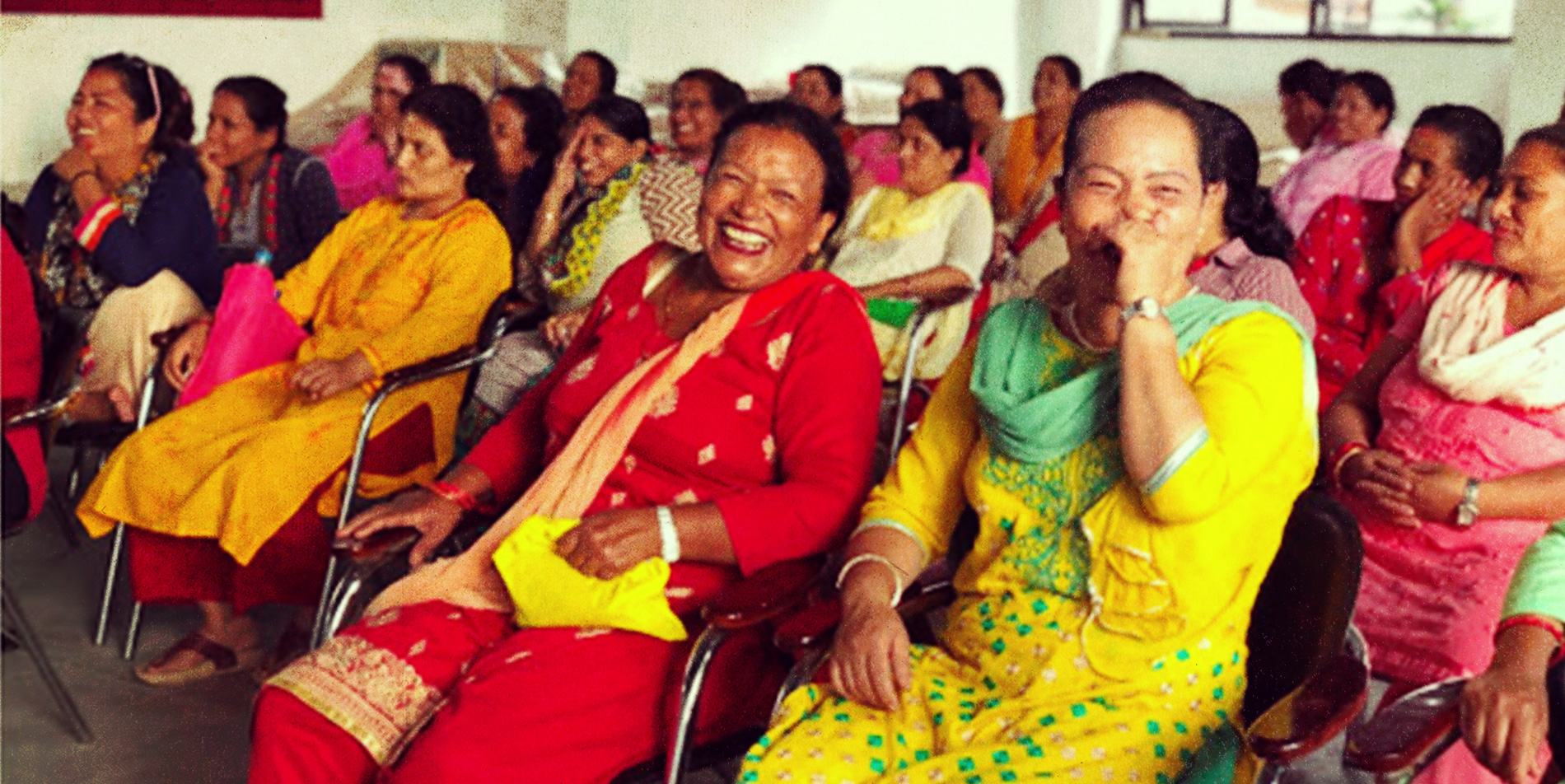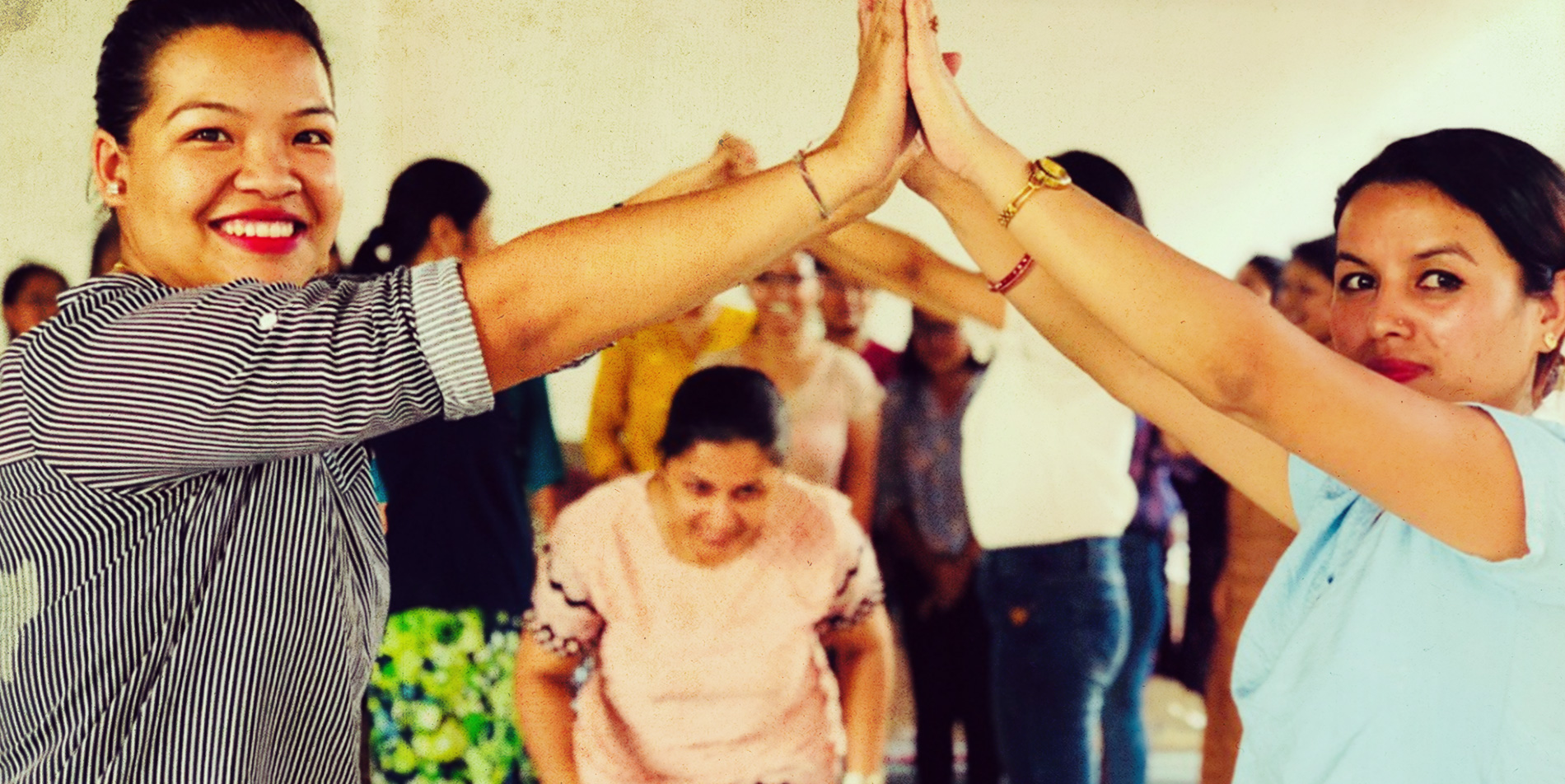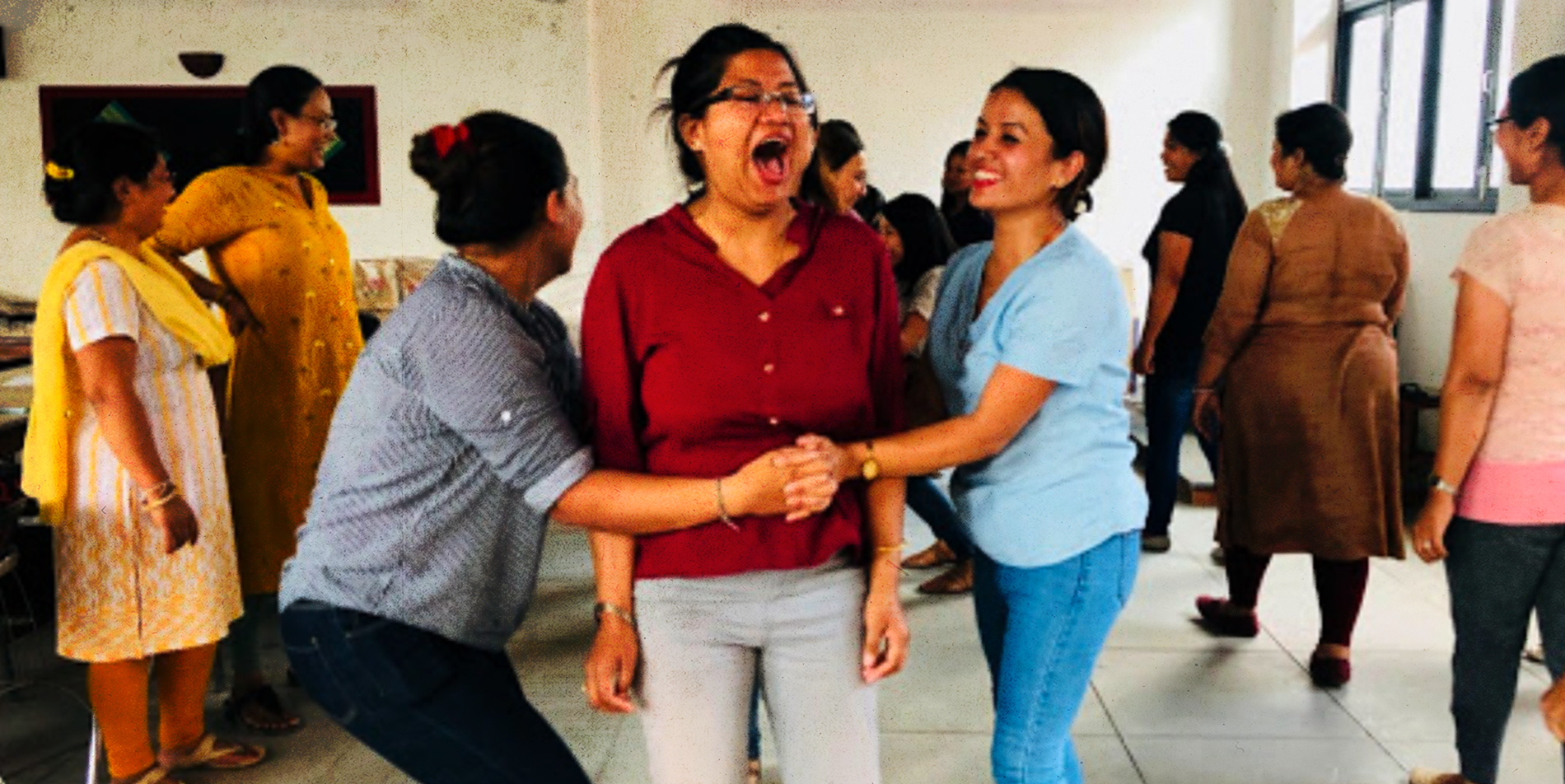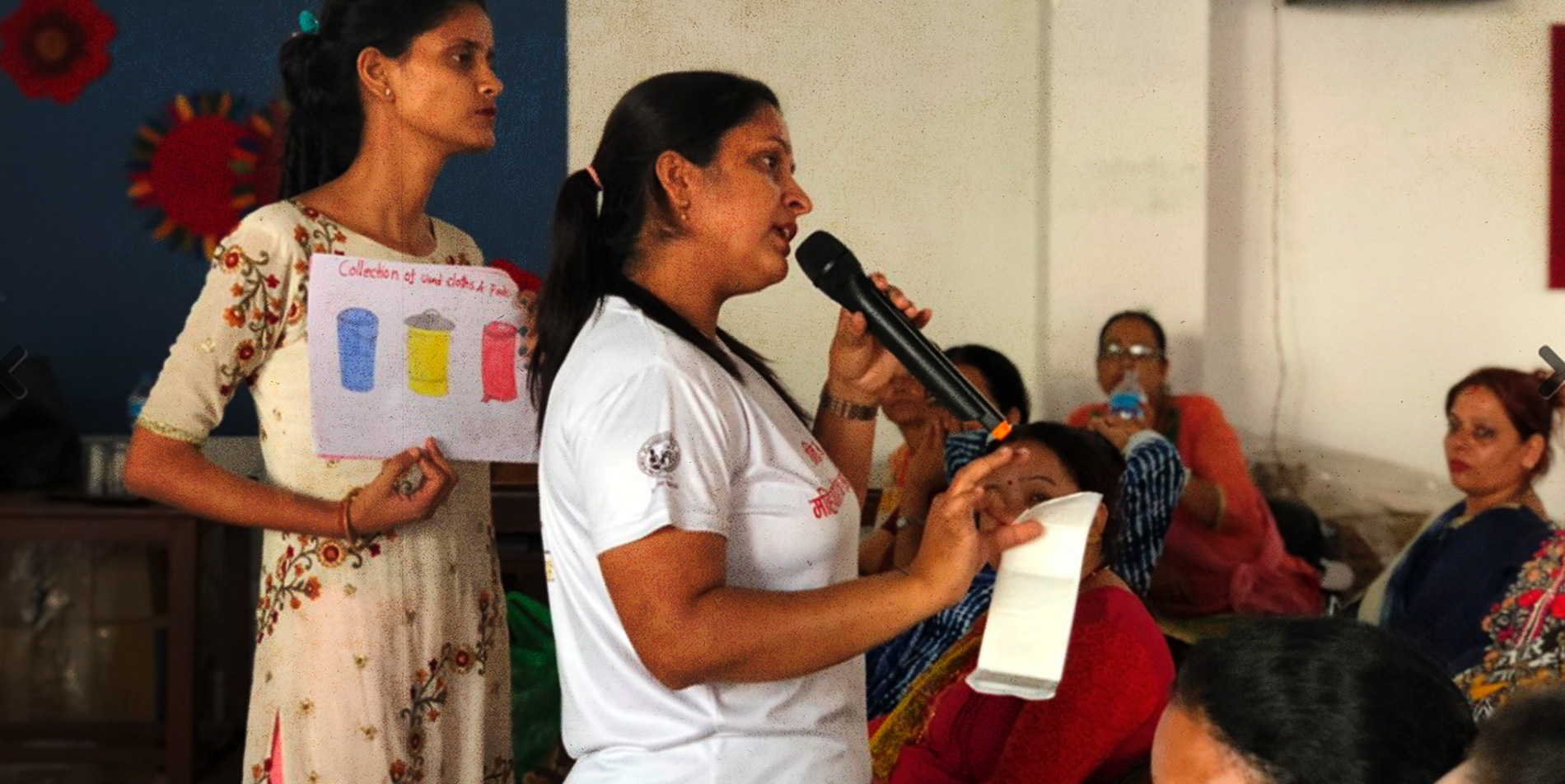creating
leaders
menstruation education
skills development & employment
For many in the West, menstruation is a non-issue. In Nepal, it can be a huge obstacle. Despite being a natural part of a woman’s life, menstruation in Nepal is often shrouded in secrecy with many cultural taboos and little information provided. Environmental disposal, cost, facilities for women and girls as well as misinformation around health and reproductive issues also make it difficult.
Girls often stay home from school during their period because of religious beliefs or lack of proper supplies, and as a result, they fall behind their male counterparts. Through CCF’s Menstrual Hygiene Program, we work to raise awareness and dissolve long-held myths so that girls and women can lead normal and healthy lives free of restriction.
CCF creates new opportunities through our Menstrual Hygiene Program by training new leaders, facilitating and funding menstruation education and promoting skills development and employment. Read on to see how!
Just $20 gives a woman access to menstrual health training.
leadership training
Menstrual Hygiene Leadership Training
To empower women and men to become leaders within their communities, CCF partners with local organizations to facilitate Menstrual Hygiene Leadership Trainings. The focus of these multi-day trainings is to educate rural and urban community leaders on issues of menstrual hygiene, tools and management. At the same time, training on gender inequality, sexual reproduction, myths and taboos and religious beliefs surrounding menstruation and the local laws that support women’s rights are also included. All of these trainings are conducted by trained Nepalese facilitators.
CCF’s goal is to increase understanding so these local leaders can disseminate information to their own communities in a way that demystifies menstruation and enables Nepali women to participate in society more fully and freely.
menstrual education
Half to Multi Day Trainings
Setting up girls and women for success in all aspects of life is the driving force behind these half to multi-day Menstrual Education trainings. The issues covered are tailored for girls participating in our education programs, women producers who work for our local partners and the communities of CCF trained MHM leaders. CCF distributes menstrual pad kits and manuals in simple Nepal with lots of diagrams explaining menstruation to those who attend these trainings. They are invited to share their feedback on the kits to continue improving upon its design. These sessions have been met with great enthusiasm and girls and women (and some men) go forward inspired to share their knowledge.
Menstrupedia Comic Books
Menstrupedia is a great comic book that aims to end the menstruation myth in culturally sensitive ways and empowers girls by opening up the conversation and teaching language to address the topic. CCF raises money to purchase these books for distribution to educate Nepali girls and their mothers working for local partners.
Skills Development & Employment
Padhma Pads
For women in Nepal, finding employment is difficult. The odds stack up against them because most lack skills and education. As part of the Menstrual Hygiene Program, CCF provided funds to set up Padhma Pads, a sewing group that makes reusable menstrual pad kits for CCF to purchase for low-income women in Nepal. Initially, CCF funded the training and provided machines for four women in the hope that they would find other Nepali NGO’s and local businesses to purchase their kits.
Expansion has not happened as quickly as hoped and Padhma Pads is able to produce all of the kits CCF requires with our single staff member, Nilam. As we expand and as contacts with other NGO’s are made, our goal is to employ more women on a full time basis in the workshop.
CCF will continue to purchase all of our kits from Padhma Pads for distribution to those attending our Menstrual Hygiene trainings and assist them in expanding their market to other local Nepali buyers.
meet the padhma pads team
NILAM
Nilam is from Okaldhunga, a very poor region in Nepal where they still practice chhaupadi. Growing up she saw how poverty and gender inequality created disadvantages for women in the community. She doesn’t like the fact that women are treated unfairly and unequally. Her dream is to be a social activist to fight for gender-related issues in her community. Four years ago, she moved to Kathmandu to find better opportunities.
